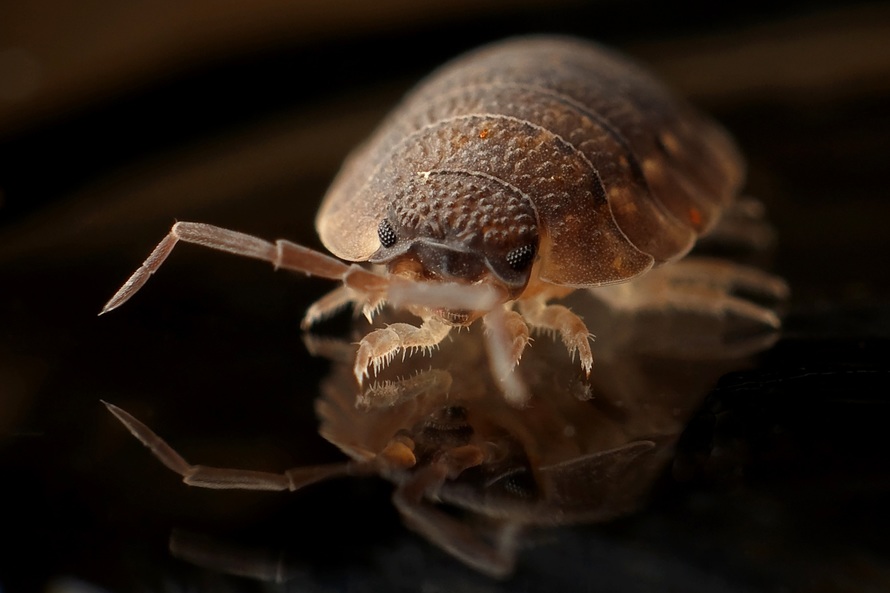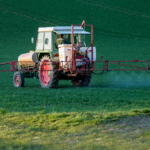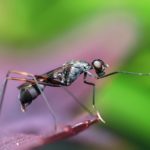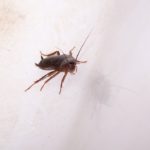If you are looking for a natural way to control pests in your garden, then there are several organic pest control tips available today to help in your search. Many gardeners prefer to use organic pest control in their gardens to avoid spraying possibly harmful chemicals on food they will be eating soon. Organic pest control may require more effort, but it is better for the environment.
There are 4 basic methods to help keep your garden healthy and beautiful the natural way.
Cultural Organic Pest Control
This method means planting crops at times when they will not be susceptible to some pests. An example is sweet corn. When planted early in the season it is possible to completely avoid earworms. It is also important to understand what pests like certain crops and avoid planting a series of these crops in succession. An example is caterpillars. These small insects may not bother early crops such as peas and lettuce, but they will build up and devour later crops such as beans if the beans are planted in close proximity to the peas. Changing planting times is not always an option in climates with a short growing season. Other organic pest control methods will work better in these areas.
Mechanical Organic Pest Control
Mechanical methods include turning the soil around the plants to expose pests to birds and other predators. This can also mean physically removing pests from the plants, washing leaves and pruning. This is the most labor intensive method and is not frequently used as other methods are more effective with less work.
Biological Organic Pest Control
This is the most frequently used method of pest control in gardens and greenhouses. There are many beneficial insects that will help control the unwanted pests. Ladybugs are a perfect example as they eat aphids. Another beneficial pest is the tiny Delphastus beetle that eats white fly. There are a large variety of beneficial predators that can be introduced into a garden. Check with local gardening experts to determine what species works best in local climates and for a specific type of pest. Another method to help control pests is to plant vegetables or flowers that specific pests do not like near their preferred meals. This will help reduce their numbers as they will avoid the entire area.
Chemical Organic Pest Control
Not all chemicals are created equal and there are some chemicals that are organic. If Aphids and white flies are a problem the leaves of the effected plants can be sprayed with water mixed with liquid soap. Vegetable based oils can effectively control pest mites. If a commercial pesticide is needed read the label to find one that has low mammalian toxicity. Diatomaceous earth is a great natural way to eliminate slugs. This product can be found in most hardware stores. This powder is spread around the plants most affected by slugs and snails. It dries them out without affecting the plant.
Using one or more of these organic pest control methods will ensure that crops are not destroyed by unwanted pests during the growing season. These methods are proven to work by many gardeners and farmers and are not harmful to people, pets or children who may be in the garden.
For more tips, check the link below:
pest control auckland city, pest control south auckland , pest controller
, pest controller
Article Tags: Organic Pest Control, Organic Pest, Pest Control
Source: Free Articles from ArticlesFactory.com
ABOUT THE AUTHOR
Graeme Stephens has been running the largest owned carpet cleaning company
in new Zealand for 24 years. IICRC qualified “master restoration technician”
Last modified: December 14, 2016







